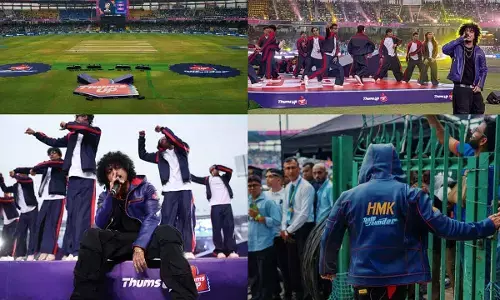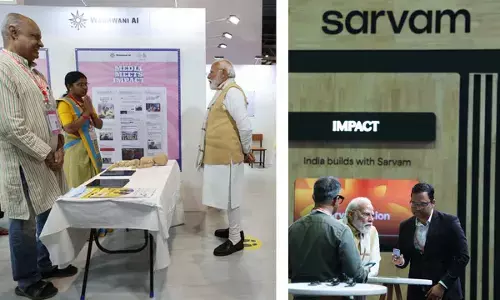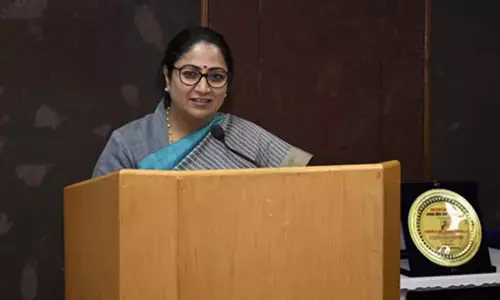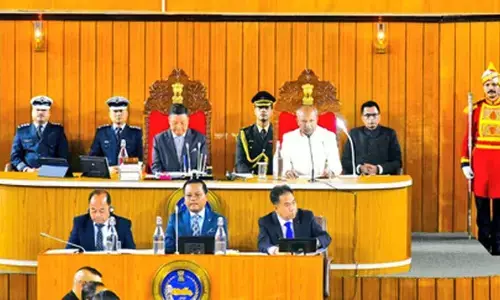'Pak encouraged Kashmir-centric terrorists to join Islamic State-Khorasan'
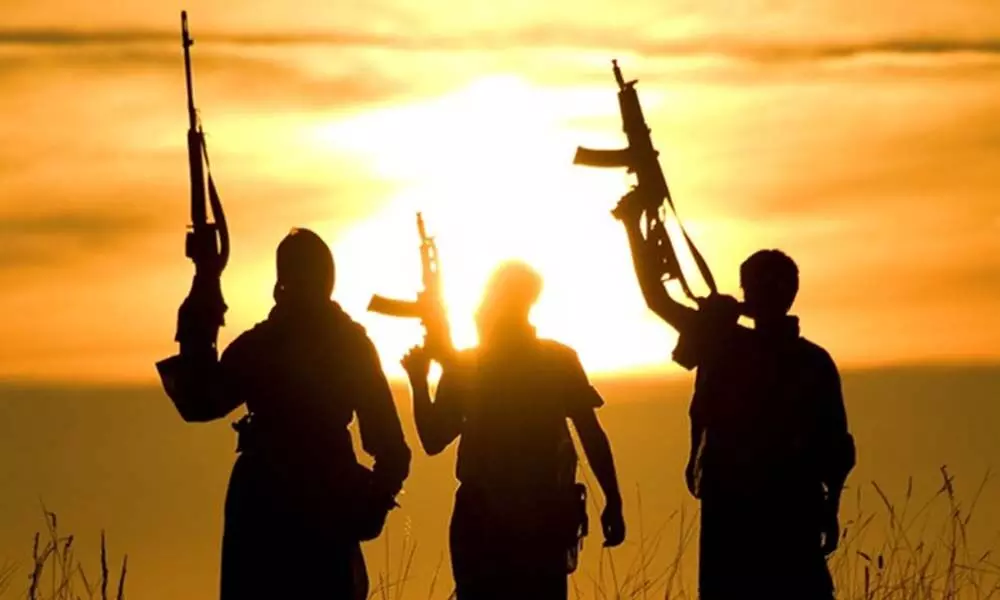
'Pak encouraged Kashmir-centric terrorists to join Islamic State-Khorasan'
New Delhi : The banned Kashmir-centric terror organisation, Lashkar-e-Taiba (LeT) was encouraged by Pakistan's spy agency ISI to join the Islamic State-Khorasan (IS-K) outfit, according to a book.
"The Islamic State in Khorasan" written by Antonio Giustozzi and published in 2018, has revealed that in Pakistan literally hundreds of jihadist groups big and small operated in 2011-17, among which the largest were the LeT, Sepah-e Sahaba (SS), Tehrik-e Taliban Pakistan (TTP) with its various splinter groups, primarily Jamaat ul Ahrar), Jaish-e Mohammad (JeM), Lashkar-e Jhangvi (LeJ), Harakat-e Mujahidin and Jundullah.
All of these groups had relations with the Al Qaeda.
"The Pakistani authorities at the same time started infiltrating IS-K for information gathering purposes, and perhaps more," the book, based on 121 interviews with IS-K members, advisers to IS-K, and many members of other terror groups from Afghanistan and Pakistan, established.
A PhD scholar from the London School of Economics, Giustozzi had served with UN Assistance Mission to Afghanistan in 2003-4. He has also authored several books on Afghanistan and is currently a visiting professor at King's College London.
As per his book, the Mulla Bakhtawar Group, a splinter of the TTP which joined IS-K in 2016, had received support from the Pakistani authorities.
Bakhtawar's group was the only IS-K component group which had Pakistani advisers and did not opposed the Pakistani state. However the group was disbanded after Bakhtwar was killed.
The book claims that the Pakistani ISI also tried to use the Haqqani Network as another entry point for establishing its influence over IS-K, encouraging 'defections' from the network to IS-K.
In spring 2017, Serajuddin Haqqani was using his former commanders inside the Azizullah Haqqani group as a lobby to influence IS-K towards dropping its jihad aims in Pakistan and China.
Besides, some members of the LeT were encouraged by the Pakistani authorities to join IS-K in order to act as informants for them.
The IS-K had poor or even non-existing relations with Lashkar initially, the author has claimed. Quoting sources and interviews, the book has revealed that it was because the IS-K was aware that Lashkar was "the private group of ISI" and as a result did "not want to have links with them".
Lashkar was described by the IS-K members as "the special representative of the Pakistan government". But the IS-K leadership did open negotiations with Lashkar in order to convince it to join, or at least to cooperate, the author said.
The IS-K tried to reassure Lashkar that its arrival in Pakistan was not meant to challenge their interests. Lashkar's donors in Saudi Arabia and Qatar similarly put some pressure on it to cooperate with IS-K, as per the interviews conducted by Giustozzi.
Some form of cooperation indeed started in 2016, with the LeT sending some trainers and advisers to IS-K.
In LeT ,only a small minority of the members holds anti-Shia views and some of these had already joined IS-K before relations between the two organisations improved. As of October 2016, 167 LeT members had gone over to the IS in Syria and Iraq, and about 100 had joined IS-K in Afghanistan and Pakistan.
"The patient work of the ISI towards gaining influence within IS-K," Guistozzi wrote, adding that it "seemed to be paying off in May 2017, when a former commander of LeT associated with the agency was (controversially) chosen as the new governor (Aslam Faruqi) of Wilayat Khorasan".
The Syrian conflict had presented a golden opportunity for the Al Qaeda to re-launch its operations and one of the first contingents to offer support was LeTa.
The Military Commission of Islamic State of Iraq (IS-I) reportedly offered ten of the TTP and Taliban commanders who were leading the first contingent to Syria $1 million to proselytise among other jihadist groups once back in Pakistan, the book has revealed.
The LeT contingent on 18 November 2013, switched its loyalty from Al Qaeda to Al-Baghdadi, Guistozzi noted.
Hundreds of volunteers went from Afghanistan and Pakistan to Syria and Iraq.
A large majority travelled through Iran, disguised as asylum seekers and economic migrants, in order not to be detected by the Iranian authorities, then crossing into Turkey, before reaching Syria.





